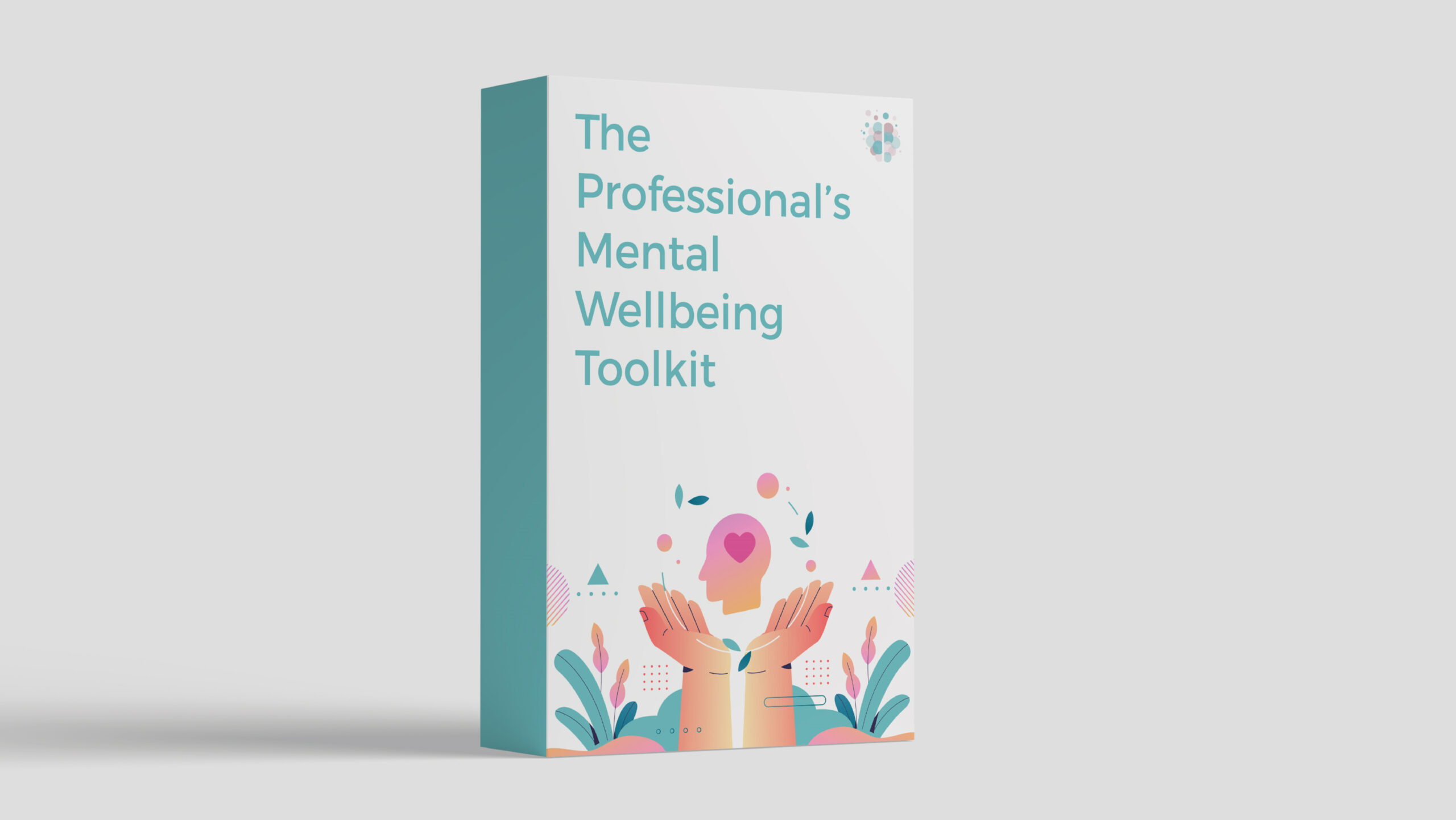The human-animal bond has long been recognized for its profound psychological and emotional benefits.
Animals, particularly domesticated ones, have a remarkable ability to elevate our spirits, reduce stress, and contribute to our overall mental wellbeing.
Keep reading to discover eight reasons why having a pet can help promote mental wellbeing.
1. Source of Affection
To a non-cat owner, a feline choosing to sit squarely on one’s chest might seem odd. However, for many cat enthusiasts, this act is seen as one of profound affection and trust.
Cats are naturally attuned to the rhythms of those around them. When they nestle atop a human, it's often because they're drawn to the steady heartbeat and warmth.
The gentle rise and fall of a cat's purring against one’s chest can act as a calming agent, lowering stress levels and inducing a state of relaxation.
Physical touch has been shown to release oxytocin, a hormone often termed the "love hormone" because it promotes bonding and reduces cortisol levels.
The act of petting or cuddling an animal can serve as an oxytocin boost, reinforcing feelings of connection and comfort.
2. Cultivate Mindfulness
Animals live in the moment. They don’t fret over the past or worry about the future.
Being around them can draw humans into the present moment, offering a break from rumination and anxiety-provoking thoughts.
3. The Curative Qualities of The Cat Purr
A cat's purr is not just a sign of contentment; it may also have healing properties.
Some studies suggest that the frequencies in cat purrs can promote the production of specific growth factors that aid in wound healing.
Additionally, the consistent and rhythmic nature of purring can promote relaxation in humans, helping to reduce anxiety and stress.
Simply put, the very sound that defines feline contentment can instil a sense of peace in their human caregivers.
4. Playfulness as a Stress Reliever
Cats, like many animals, have a playful side that emerges in spurts of energy and curiosity.
Engaging in play with a cat, whether through toys, laser pointers, or even just a simple string, can provide a necessary break from the rigors of daily life.
The act of playing can increase dopamine and serotonin levels in humans, boosting our mood.
5. Unconditional Love and Acceptance
Animals offer a unique form of companionship that's devoid of the complexities and expectations of human relationships.
Pets don't judge. They don’t care about your background, your mistakes, or your quirks. Their love is unfiltered and unconditional.
This consistent, non-judgmental affection can be a cornerstone for people, especially those struggling with self-esteem or experiencing loneliness.
6. Sense of Structure
Caring for an animal requires a certain level of responsibility, and for many, this can provide structure in their lives.
Feeding, grooming, and regular vet visits create a routine that can be therapeutic, especially for individuals who might be struggling with feelings of aimlessness or lack of purpose.
Indeed, for many people, pets are more than just companions – they’re essential sources of emotional support.
Emotional Support Animals (ESAs) are pets specifically designated to provide comfort to those suffering from mental health issues such as anxiety, depression, or PTSD.
Obtaining an emotional support animal letter formalises this relationship and allows individuals to keep their pets in housing situations that may typically restrict animals. This accommodation can be crucial for those who depend on their pets for daily comfort and emotional regulation.
7. Nature Walks
Taking a dog for a walk or even accompanying a cat in a safe outdoor enclosure can be therapeutic.
The combination of being in nature, physical activity, and the companionship of a pet can help in reducing symptoms of poor mental wellbeing, all while promoting a sense of mindfulness and grounding.
8. Alleviate Loneliness
Loneliness is a prevalent issue in today's society, with profound implications for mental health.
For those who live alone or have limited social interactions, having a pet can be a lifeline to emotional connection.
Moreover, pets are great conversation starters, facilitating social interactions with other pet owners. Whether at a dog park, a pet store, or a pet-friendly event, the shared love for animals can lead to meaningful human connections, further reducing feelings of isolation.
Summary
The bond between humans and animals is more than just a heartwarming connection; it's a therapeutic relationship that has stood the test of time.
From reducing stress and anxiety to combating feelings of loneliness, pets play a vital role in nurturing our mental wellbeing.


